DevOps is a software development approach that aims to streamline the development and deployment of software.
The term DevOps is a combination of “development” and “operations,” and it seeks to align the goals and objectives of both teams to achieve faster and more efficient software delivery.
DevOps tools are essential in achieving this goal, and they have become an integral part of the software development process.
In this article, we will review some of the best DevOps tools available in the market.
What are DevOps tools?
The goal of DevOps is to achieve faster and more efficient software delivery, as well as better quality and stability of the software.
DevOps is a software development approach that emphasizes collaboration, communication, and automation between development and operations teams.
There are many different DevOps tools out there and here I have gathered the 15 best DevOps tools to use in 2023.
1. Kubernetes
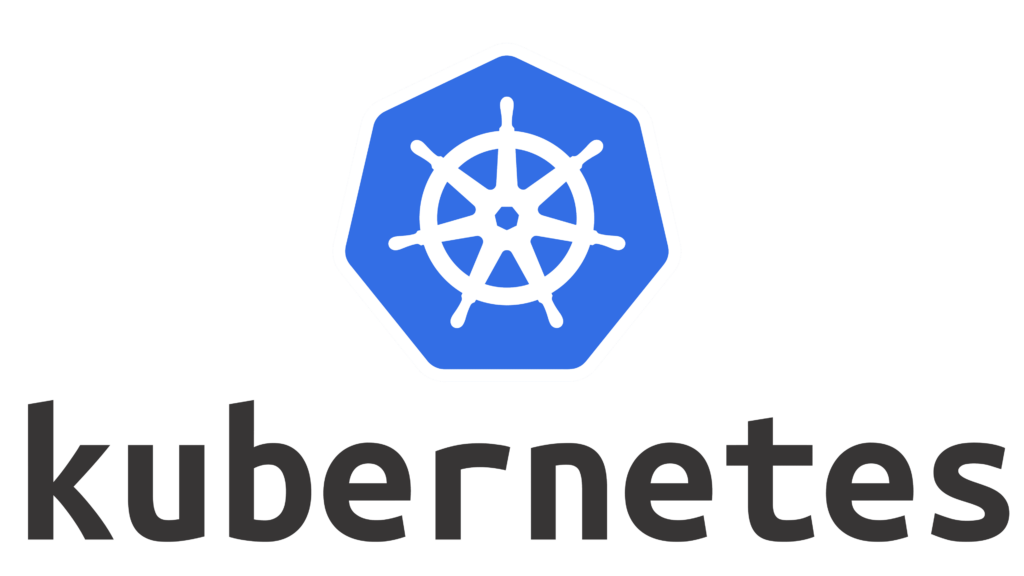
If you are looking for the container orchestration platform that helps you to automate so many things then, Kubernetes is a great choice for you.
Developed by Google, Kubernetes has become the de-facto standard for container orchestration and is widely used in production environments.
It enables developers to deploy their applications in a containerized form, which makes them more portable and scalable.
Kubernetes Features:
- You can run anywhere
- You can use it in the cloud too
- Open source
- Free to use
- Portable and scalable
- De facto standards
- Automated scaling
Price: Free
2. Site24x7

Site24x7 is a cloud-based website monitoring and management tool that enables businesses to monitor their websites, servers, and network infrastructure from a single dashboard.
It offers a comprehensive set of features, including website uptime monitoring, performance monitoring, server monitoring, and application performance monitoring.
With Site24x7, businesses can detect and troubleshoot issues in real time, ensuring that their websites and applications remain available and responsive to their users.
Site24x7 Features:
- Cloud-based website
- Easy to use
- Network Infrastructure
- Server monitoring
- Real-time detections
- Query language based
- Saved Searches
Price: $35 a month
3. JIRA
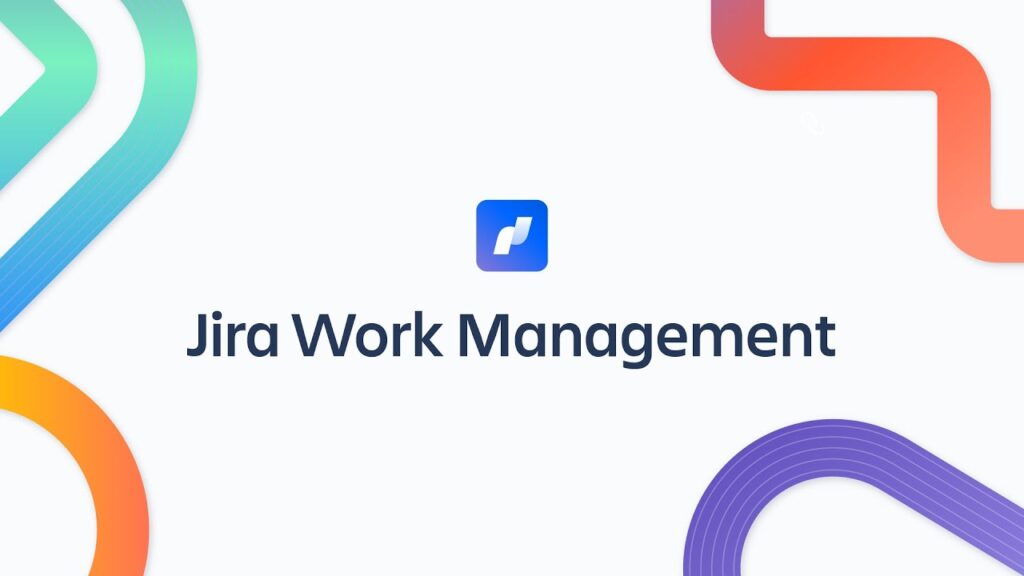
Jira is a widely used issue-tracking and project-management tool that has become an essential component of many DevOps environments.
Developed by Atlassian, Jira offers a range of features that enable teams to manage their software development projects effectively.
One of the key features of Jira is its ability to track issues and bugs throughout the software development lifecycle.
JIRA Features:
- Issue tracking
- Ideal for project management
- Easy to use
- Developed by Atlassian
- Capture a screenshot
- Provides video feedback
- Set scans
Price: $7.75 a month
4. Docker
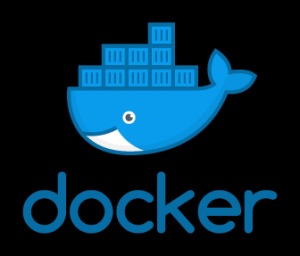
Docker is a widely used open-source platform for containerization that has become an essential component of many DevOps environments.
It enables developers to package their applications and dependencies into containers, providing a consistent runtime environment across different systems.
One of the key benefits of Docker is its ability to simplify the process of deploying applications.
Docker Features:
- Open source
- Easy to use
- Provides a consistent runtime environment
- Simple to process
- Free to use
- On-premise
- Image management
Price: Free/$5 per license/month
5. Jenkins

Jenkins is a widely used open-source automation server that has become an essential component of many DevOps environments.
It enables teams to automate their software development processes, from building and testing to deployment and delivery.
The best thing about this one is that Jenkins comes with the ability to enable continuous integration and delivery (CI/CD) pipelines.
Jenkins Features:
- Open source
- Automation server
- Essential for DevOps
- Automate software process
- Build and test
- Integrate service
- Offers deliver pipelines
Price: Free
6. Azure DevOps
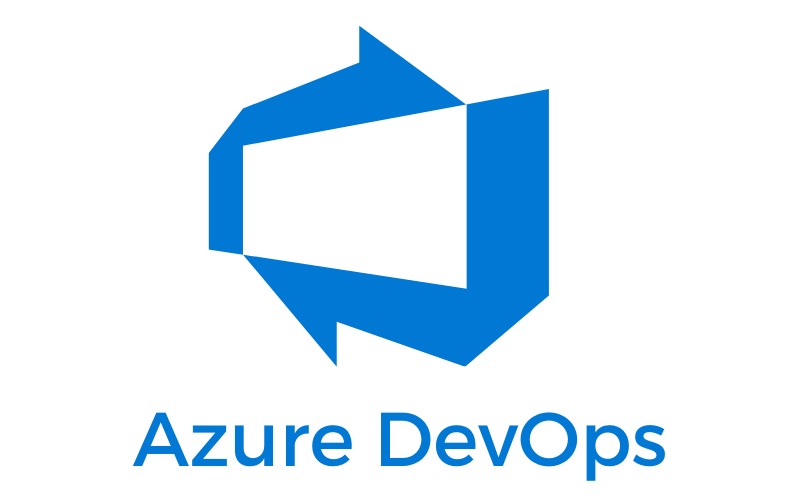
Azure DevOps is a comprehensive DevOps platform developed by Microsoft, which includes a range of tools and services for managing the entire software development lifecycle.
One of the key benefits of Azure DevOps is its seamless integration with Microsoft development tools such as Visual Studio and Visual Studio Code.
This allows developers to use the same environment they are already familiar with, and easily manage their projects and pipelines directly from the IDE.
Azure DevOps Features:
- Offers by Microsoft
- Easy to use
- Integrate with VS code
- Use directly through IDE
- End-to-end capabilities
- Integrate with Office 365
Price: Free/$200/credit
7. Git

Git is a widely used open-source version control system that has become an essential component of many DevOps environments.
It enables teams to manage changes to their codebase, collaborate on code with others, and maintain a history of their code changes over time.
The popular thing about Git is its distributed nature, which enables teams to work on their codebase independently, and then merge changes together at a later stage.
Git Features:
- Open source
- Widely popular
- Essential for DevOps environment
- Codebase
- Collaborate with code
- Distributed nature
- Enables teams to use independently
Price: Free
8. Ansible
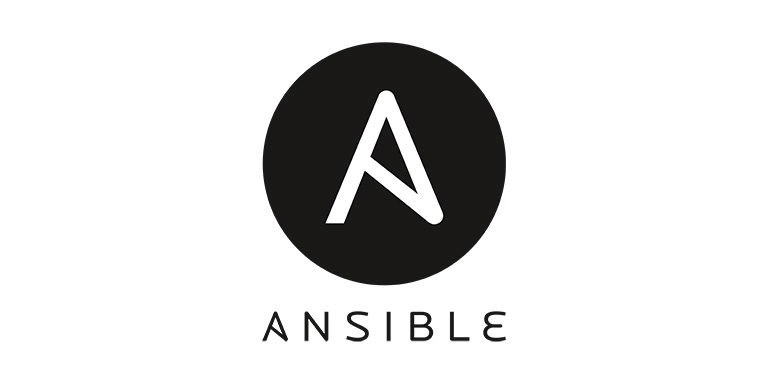
Ansible is a popular open-source DevOps tool that provides a range of features for configuration management and automation.
It enables teams to manage their infrastructure as code, automate repetitive tasks, and improve the efficiency of their operations.
This DevOps tool knows for its simplicity, as it uses a simple YAML-based language for defining infrastructure as code.
Ansible Features:
- Open source
- Configuration and automation
- Features
- Manage infrastructure code
- Automate repetitive tasks
- Improved efficiently
- Simple to use
- Uses YAML-based language
Price: Quote them
9. Solarwinds DevOps

SolarWinds is a popular DevOps tool that provides a range of features for monitoring and managing IT infrastructure.
Here it also provides a range of features for performance optimization, such as real-time monitoring and alerts, as well as historical performance analysis.
The best thing about this tool is that using this you can quickly identify issues and resolve them before they impact end users.
Solarwinds DevOps Features:
- Popular tool
- Different features
- Offers optimizations
- Real-time monitoring
- Historical performances analysis
- Quick to identify issues
- Not impact end-users
Price: $79 a month
10. Terraform

Terraform is a popular open-source DevOps tool that enables teams to manage their infrastructure as code.
It provides a range of features for automating the deployment and management of infrastructure, including servers, networks, and storage.
Here it enables teams to quickly and easily define their infrastructure and configuration, and manage it in a version-controlled manner.
Terraform Features:
- Ideal for teams
- Open source like most of them here
- Easy to use
- Automate deployment
- Manage infrastructure
- Take care of servers and network
- Version controlled manner
Price: $20/user/month
11. Kamatera
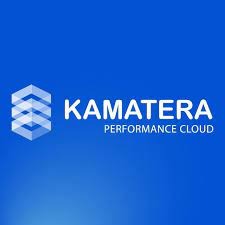
If you are looking for a cloud infrastructure management platform then, Kamatera is the best choice for DevOps teams.
It provides a comprehensive set of tools and features to manage cloud infrastructure, virtual machines, storage, and networks.
Here it also offers a wide range of cloud services that can be customized to meet the specific needs of DevOps teams.
Kamatera Features:
- Popular tool
- Ideal for the DevOps team
- Cloud infrastructure management platform
- Customized for everything
- Compressive tool
- Manage everything
Price: Quote them
12. Katalon TestOps
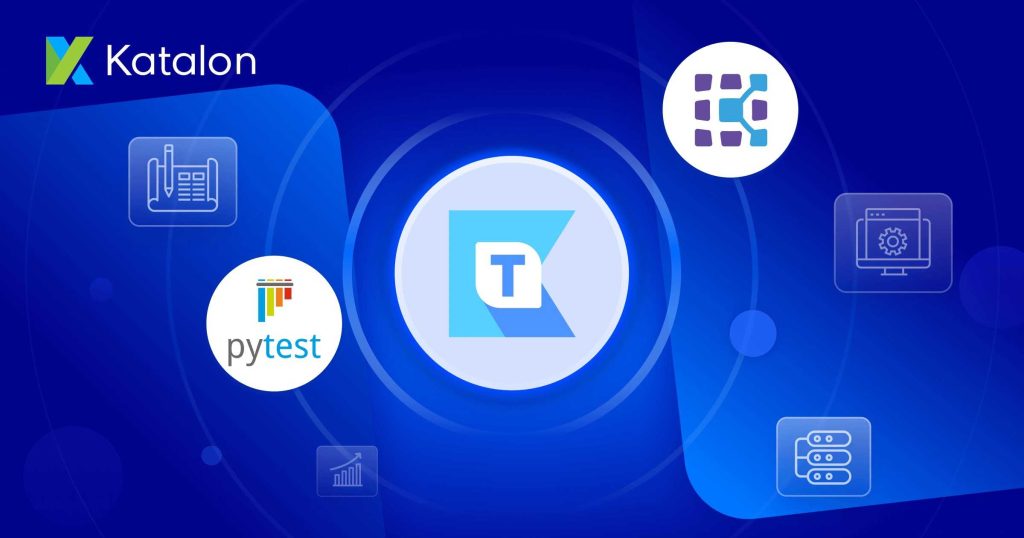
Katalon TestOps is a comprehensive test management tool designed specifically for DevOps teams
It provides a range of features for test automation, test planning, and test execution, enabling teams to manage their testing processes more efficiently and effectively.
One of the critical benefits of Katalon TestOps is its ability to integrate with a wide range of testing frameworks and tools, including Selenium, Appium, and JUnit.
Katalon TestOps Features:
- Compressive tool
- Ideal for test management tools
- Manage everything related to the test
- Test execution
- The testing process is also available
- Different types of frameworks and tools
Price: Free
13. Splunk
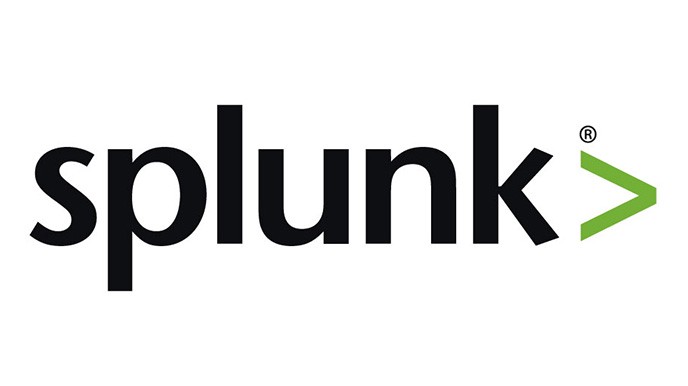
If you are looking for an effective DevOps tool for monitoring and analytics, Splunk may be the right choice.
Splunk is a robust platform that helps DevOps teams to monitor, analyze, and visualize machine data from various sources.
Teams can set up alerts based on specific conditions and thresholds, and receive notifications when these conditions are met.
Splunk Features:
- Free trial
- Effective tool
- Easy to use
- Powerful platform
- Monitor everything
- Ideal for teams
- Visualise data machine
Price: Free/$75
14. Prometheus
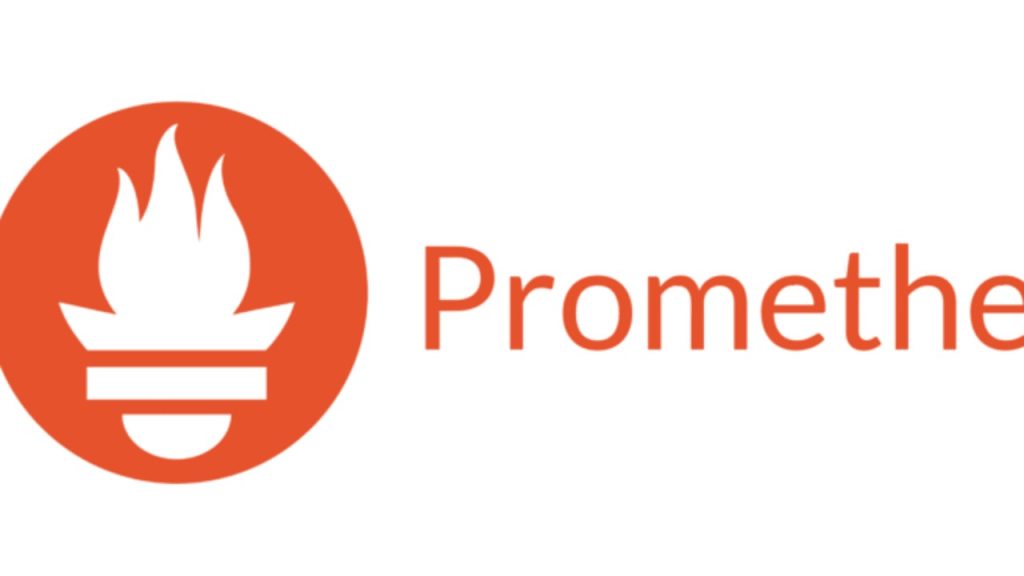
Prometheus is an open-source monitoring and alerting tool that is widely used by DevOps teams for monitoring and alerting their applications, infrastructure, and services.
It provides a range of data collection, aggregation, visualization, and alerting features, making it an essential tool for DevOps teams.
The best thing about this is that it enables teams to gain insights into their systems and identify issues and anomalies quickly.
Prometheus Features:
- Open source
- Monitoring tool
- Alerting tool
- Ideal for Teams
- Data collection
- Visualization feature
- Gain insights
Price: Free
15. Selenium

In today’s fast-paced software development landscape, DevOps teams need to ensure that their applications are of the highest quality while still meeting tight deadlines.
This is where Selenium comes in as a powerful tool for automated testing. It is an open-source framework that provides a range of functionalities.
Here it can be used with multiple programming languages and integrated with various third-party tools, making it a popular choice for DevOps teams.
Selenium Features:
- Ideal for DevOps teams
- Easy to use
- Open source
- High-quality tool
- Integrate with other tools
- Multiple programming languages can be used
Price: Free






